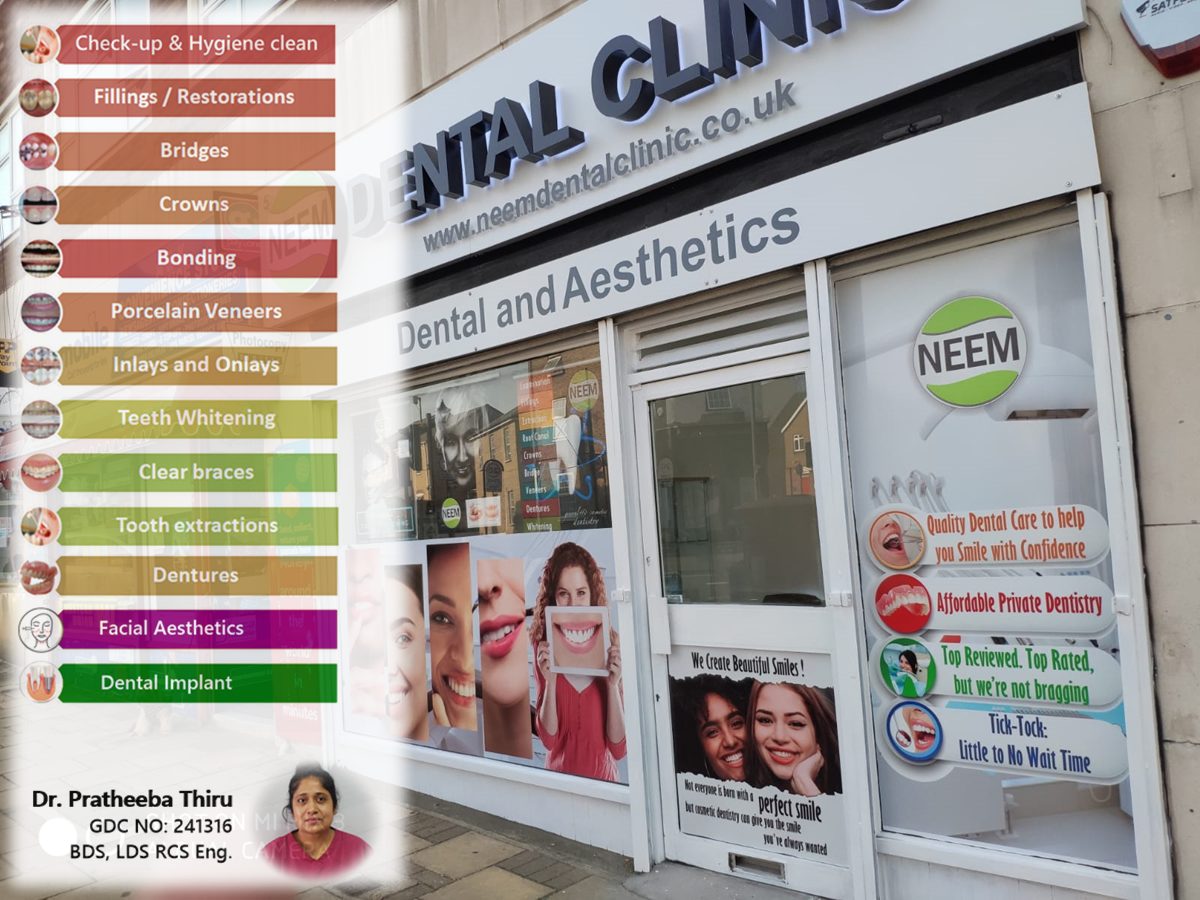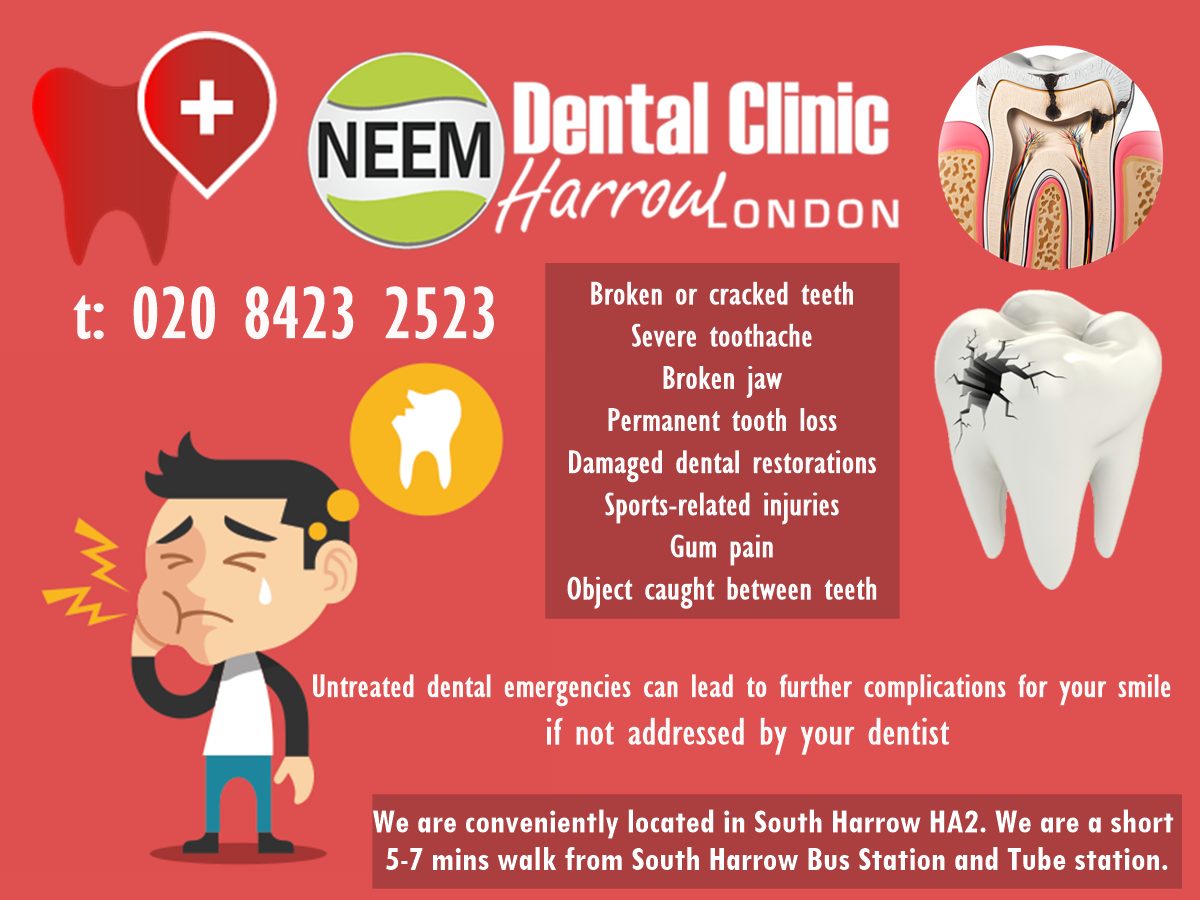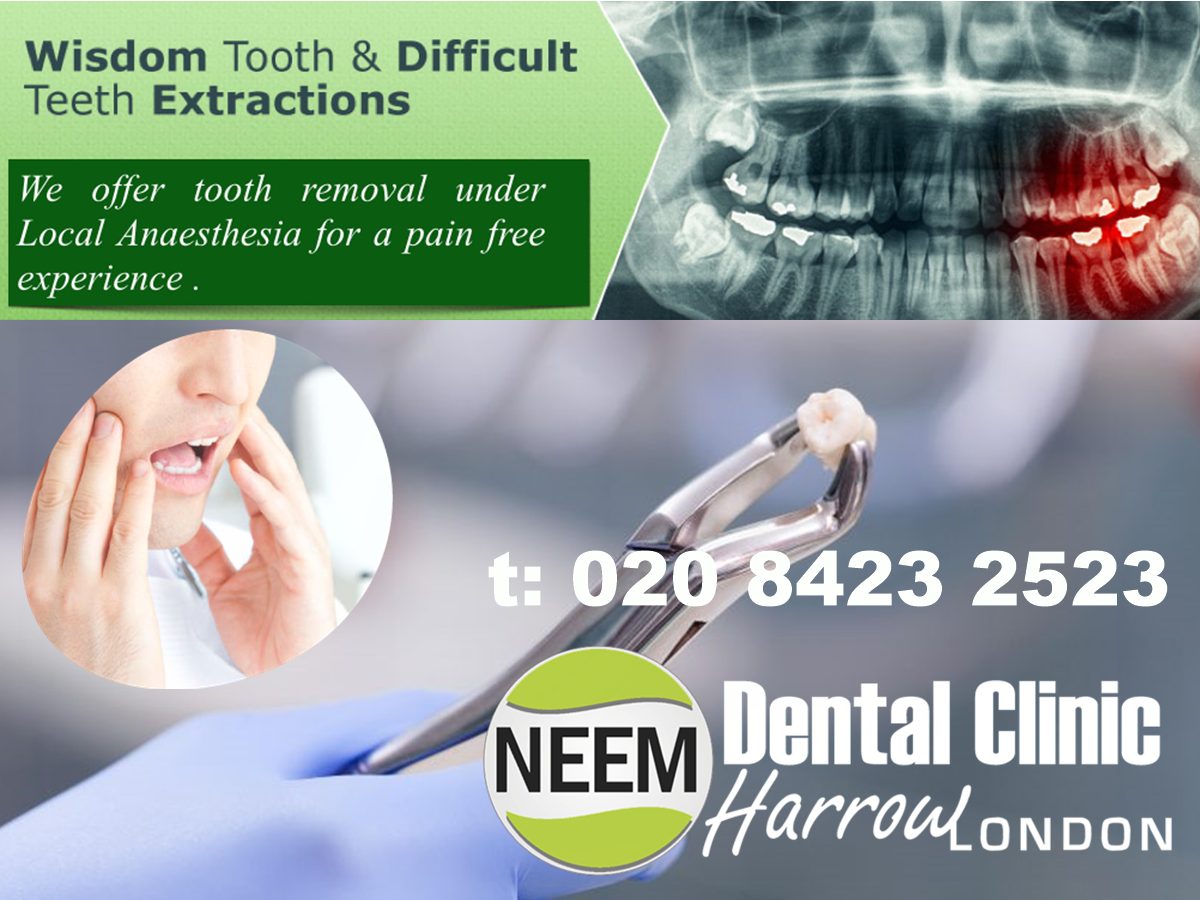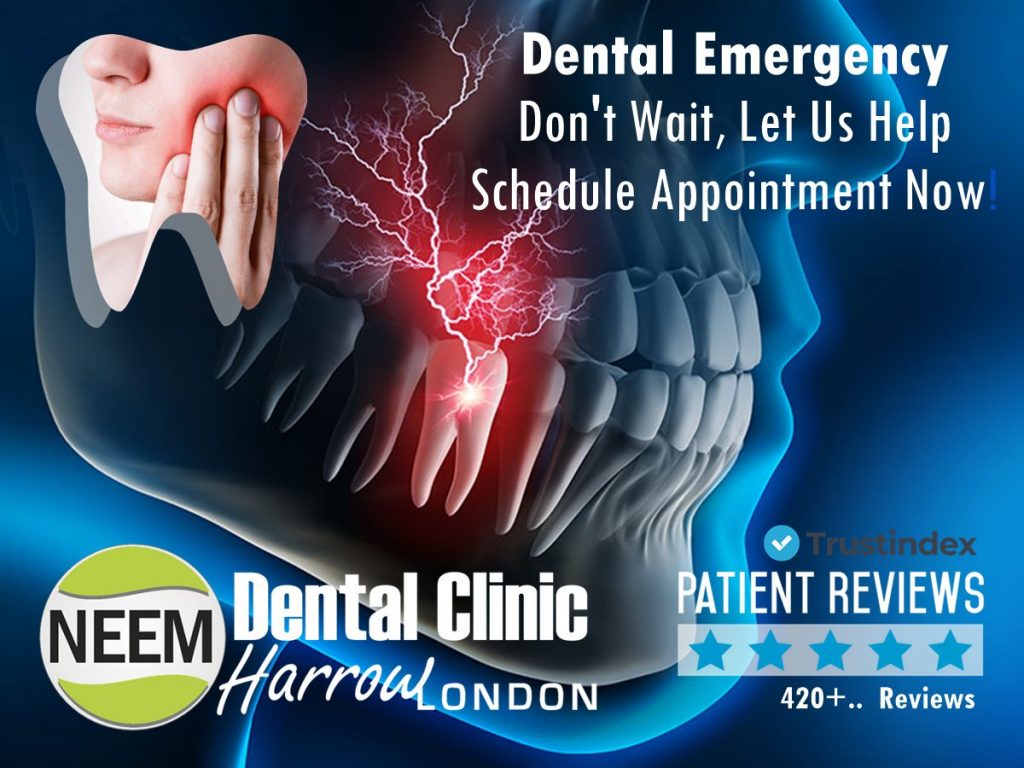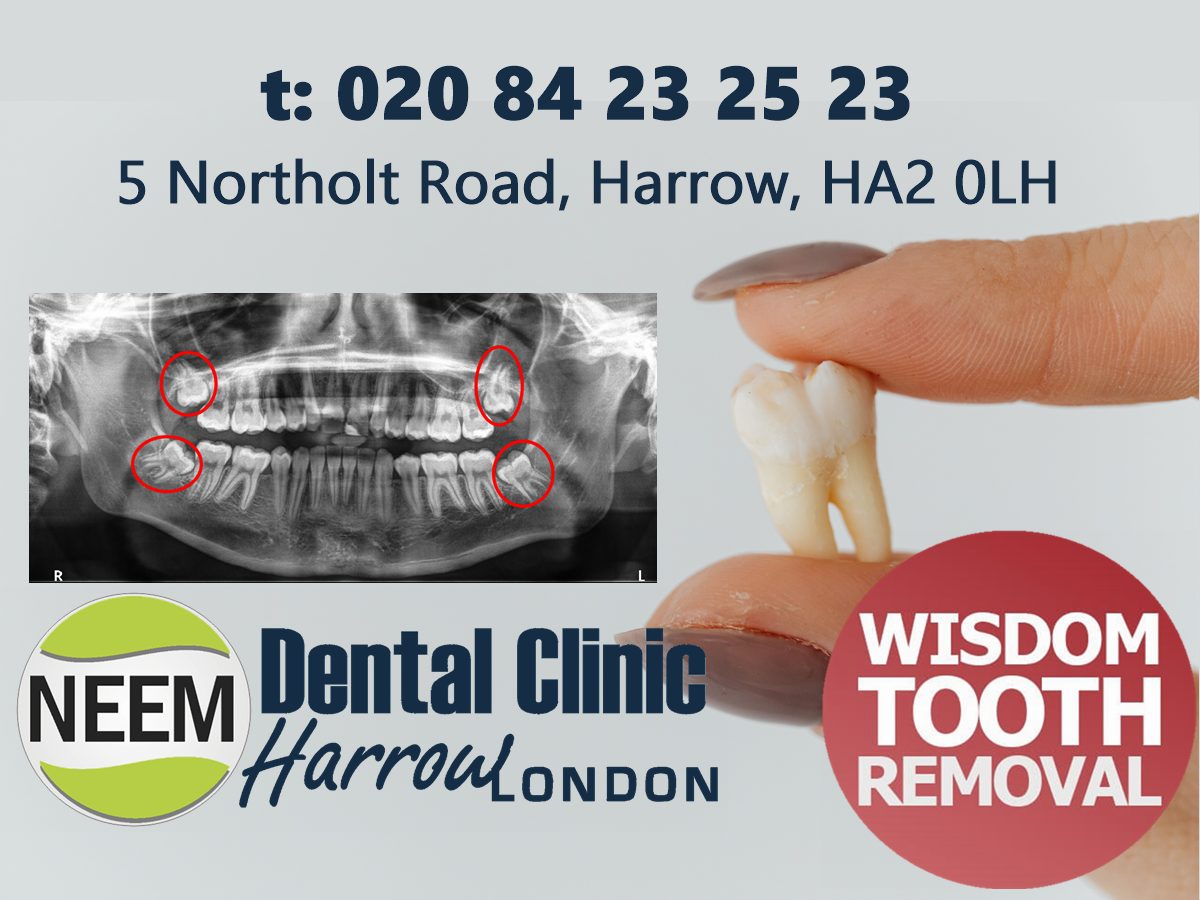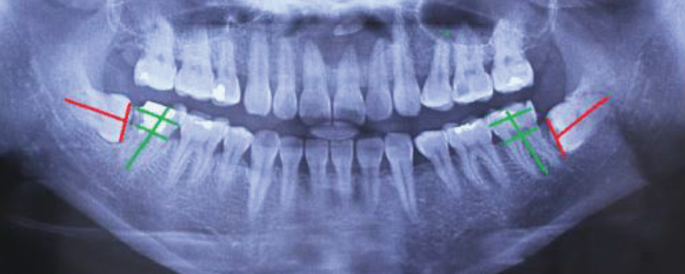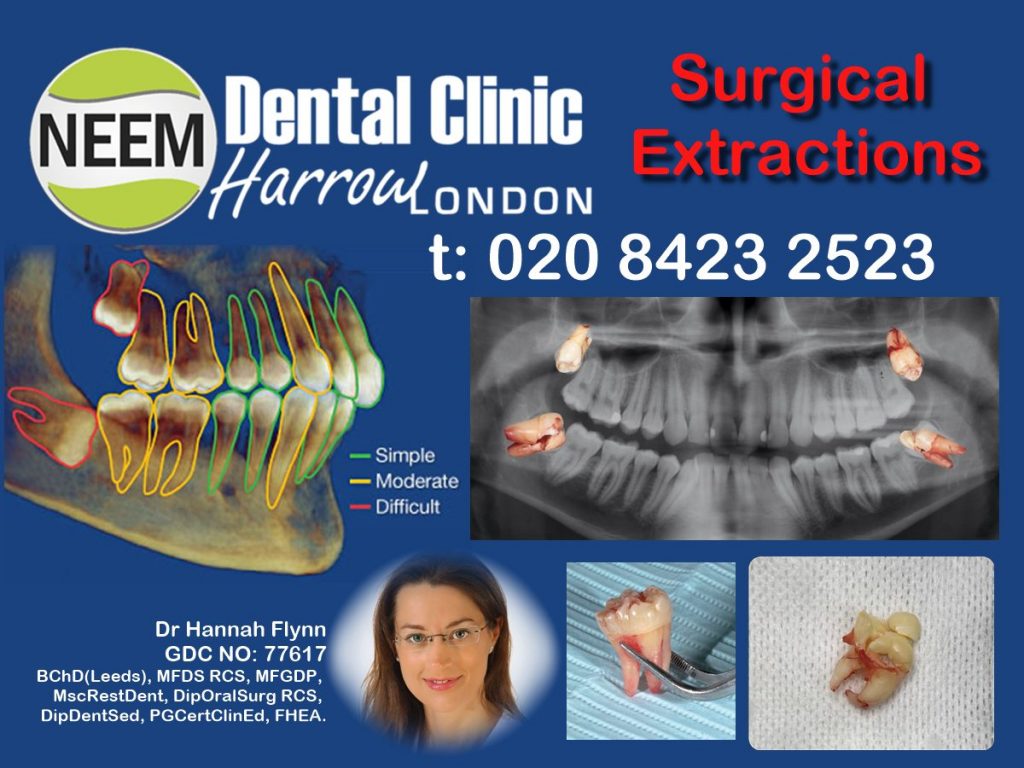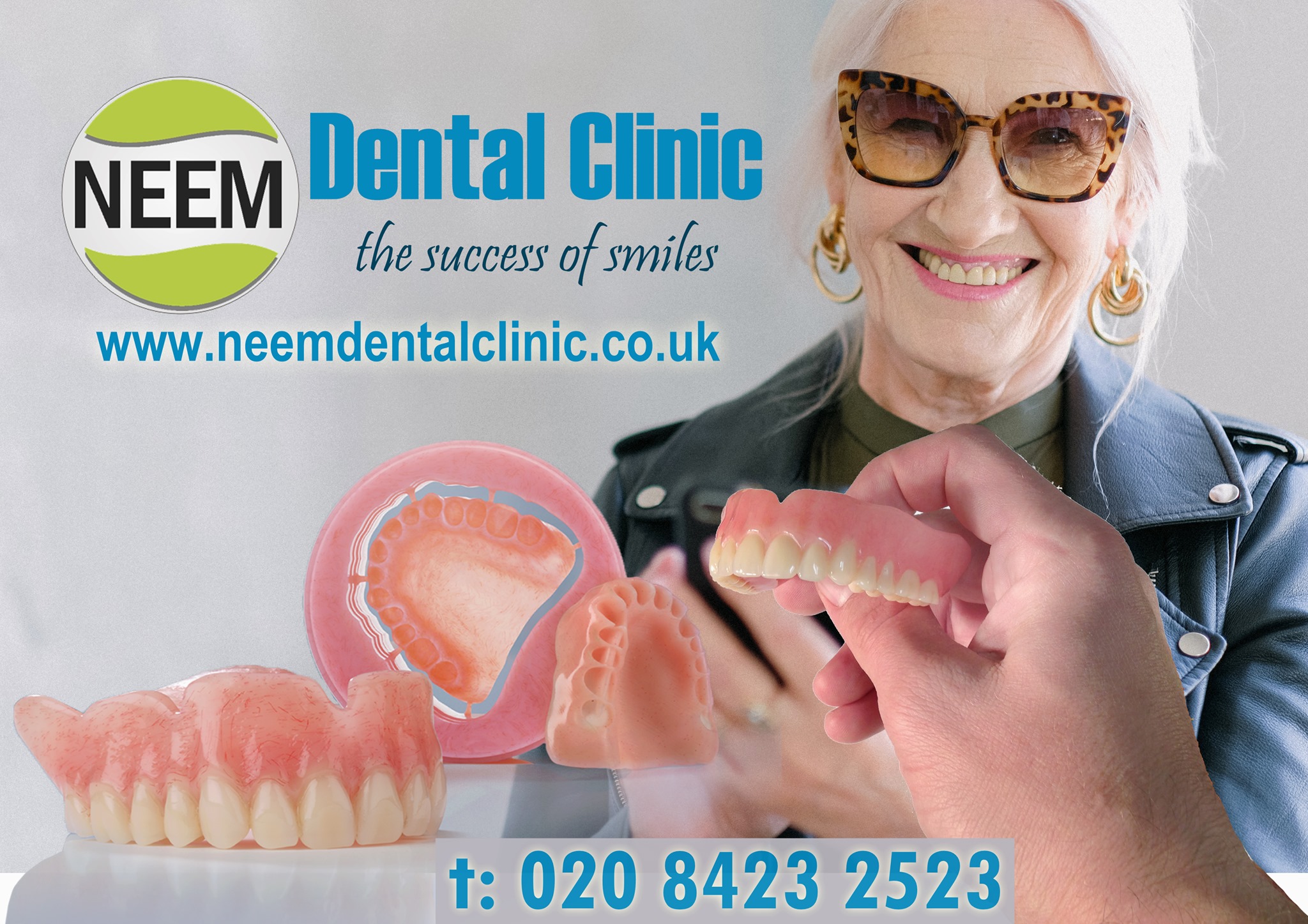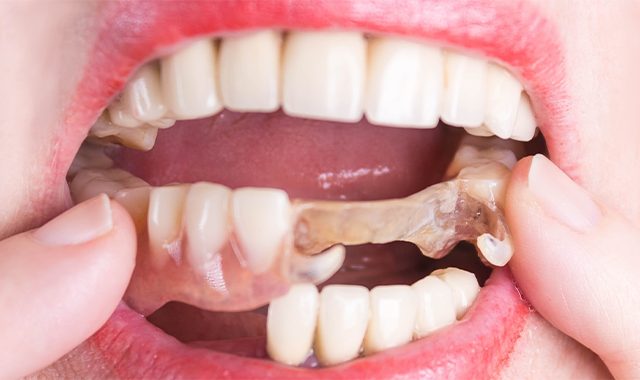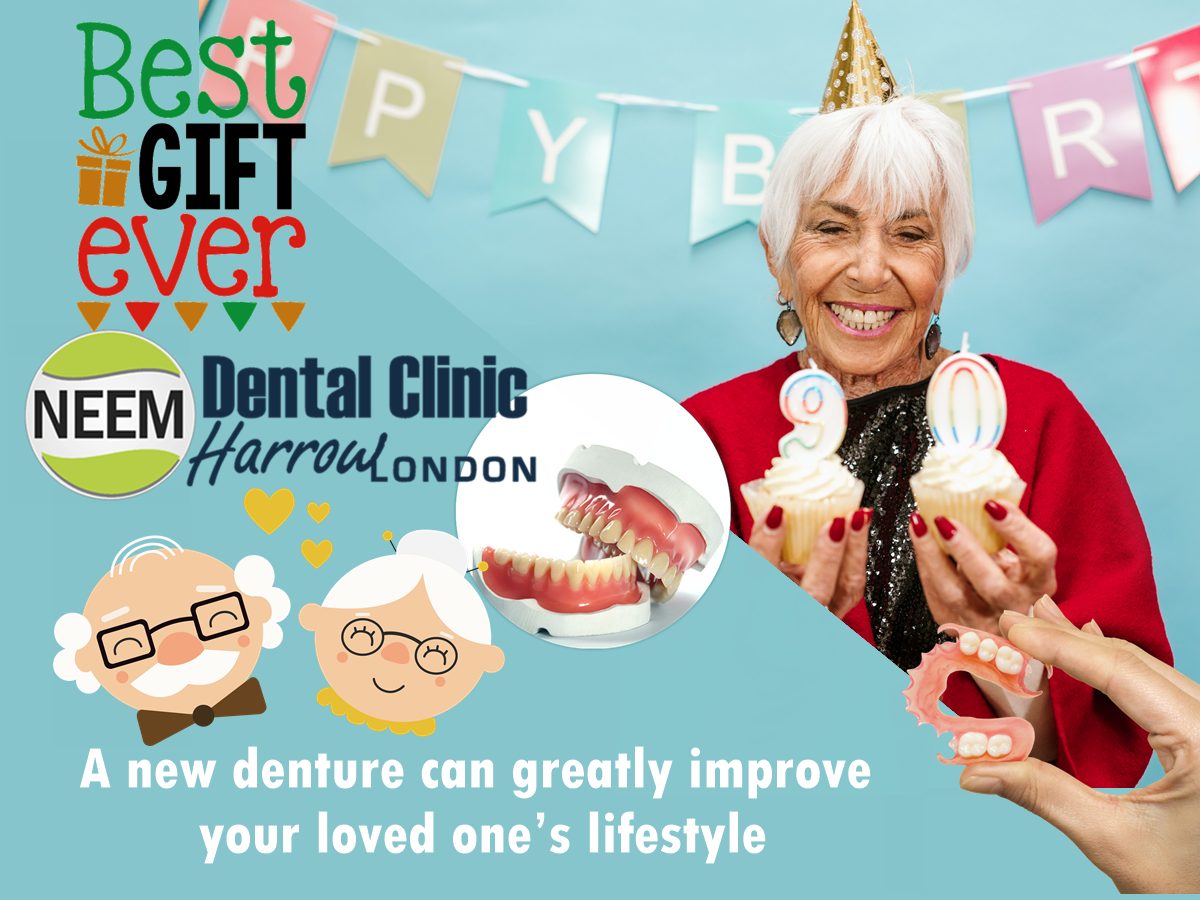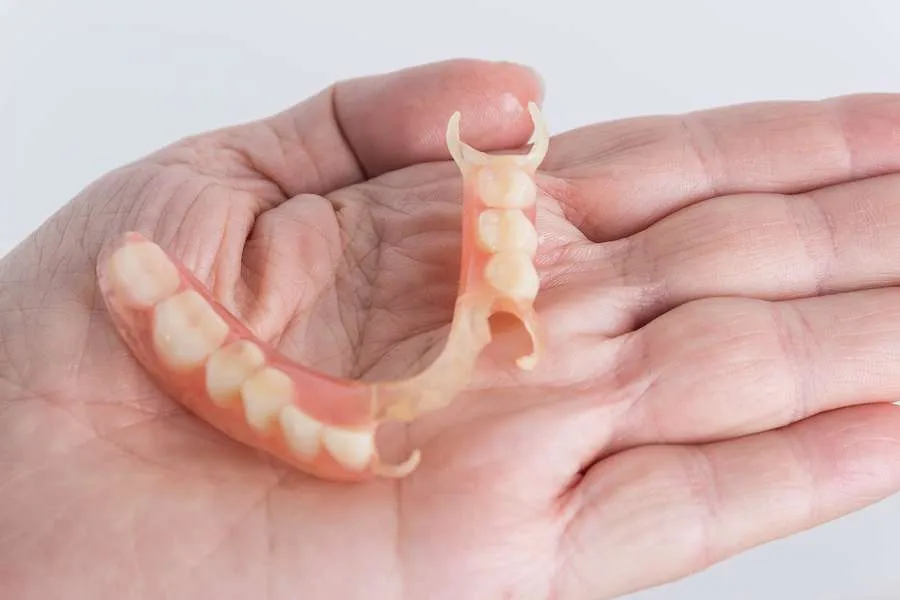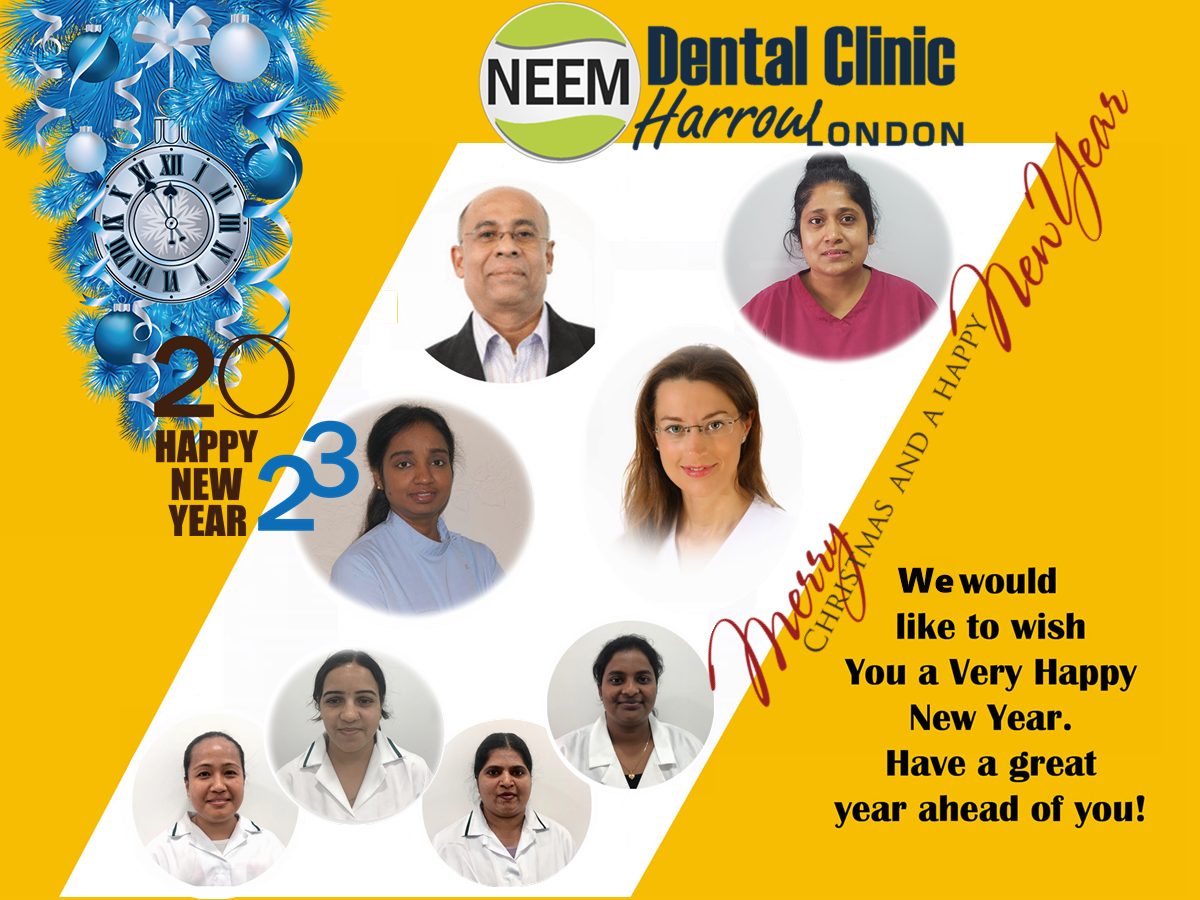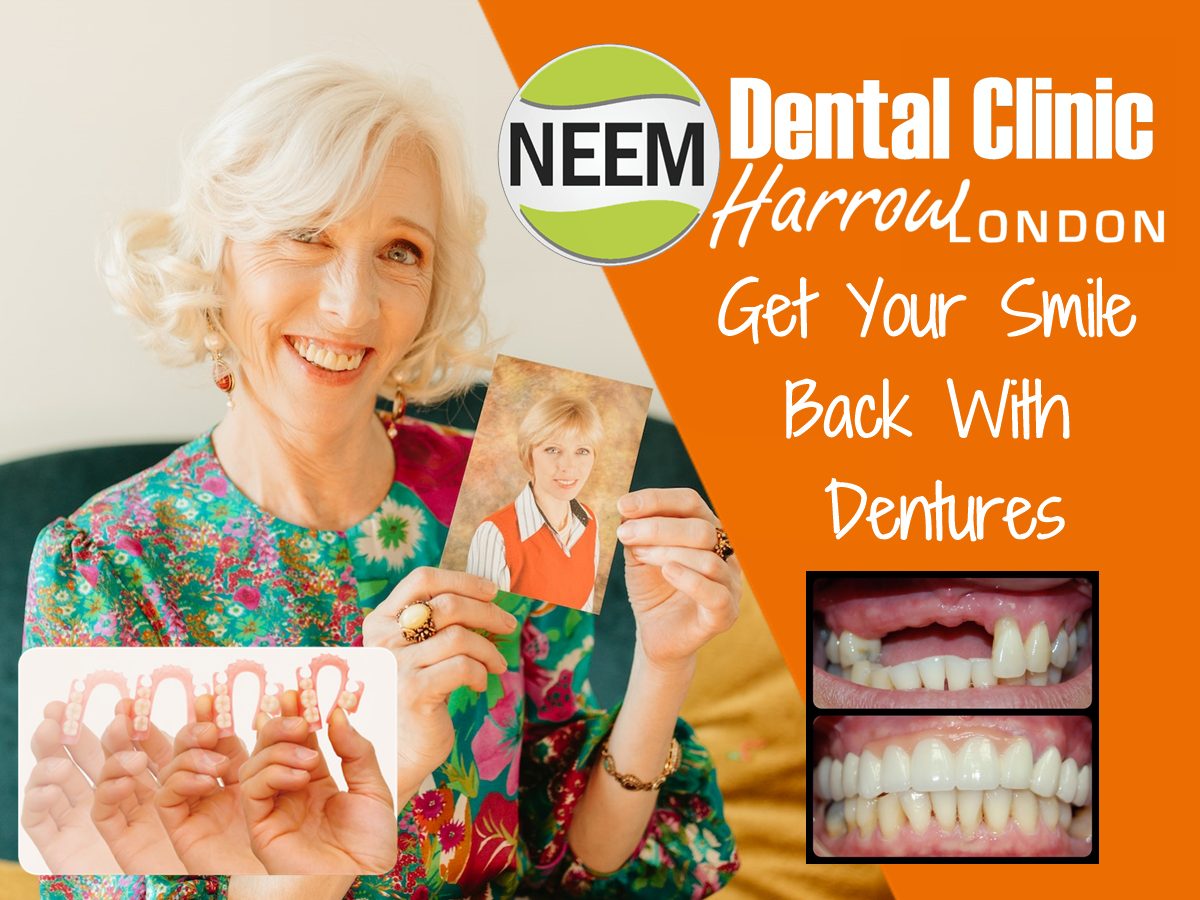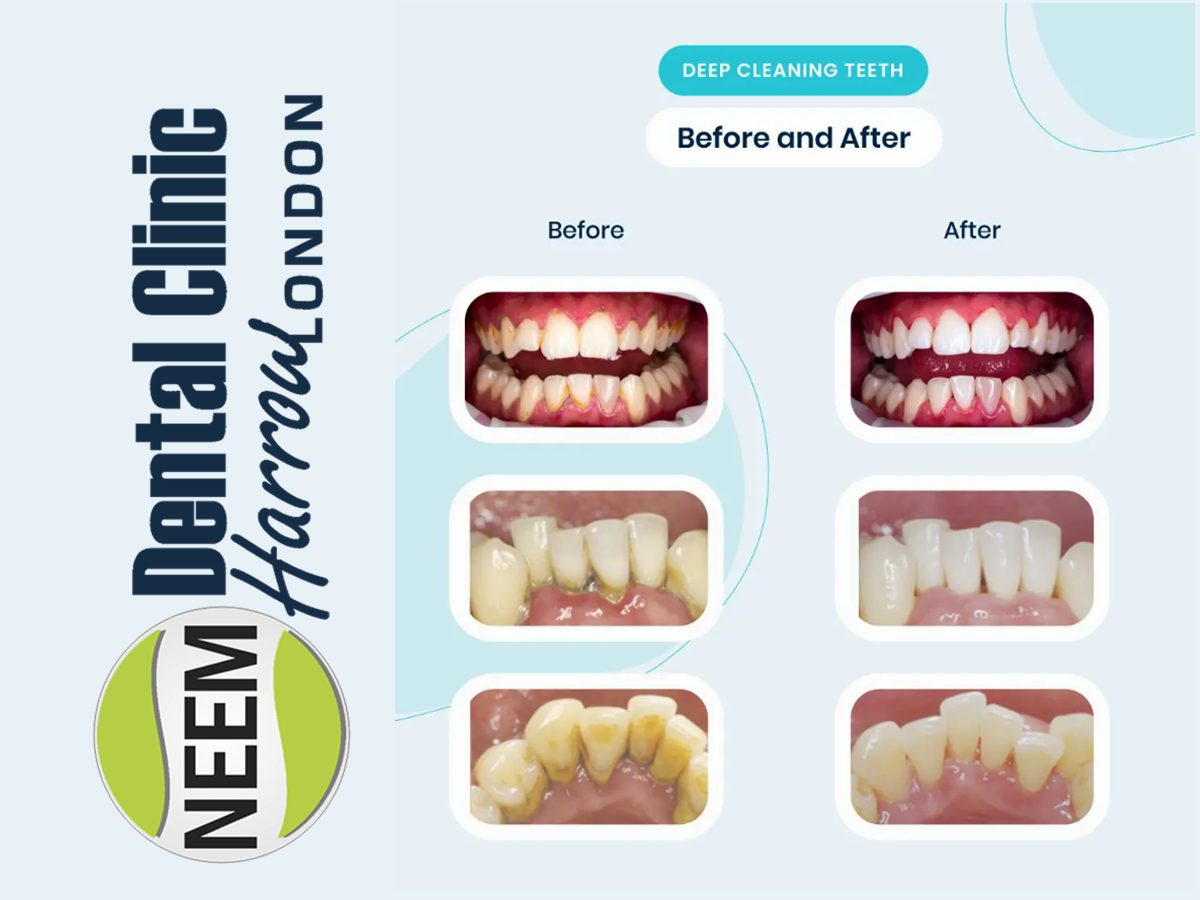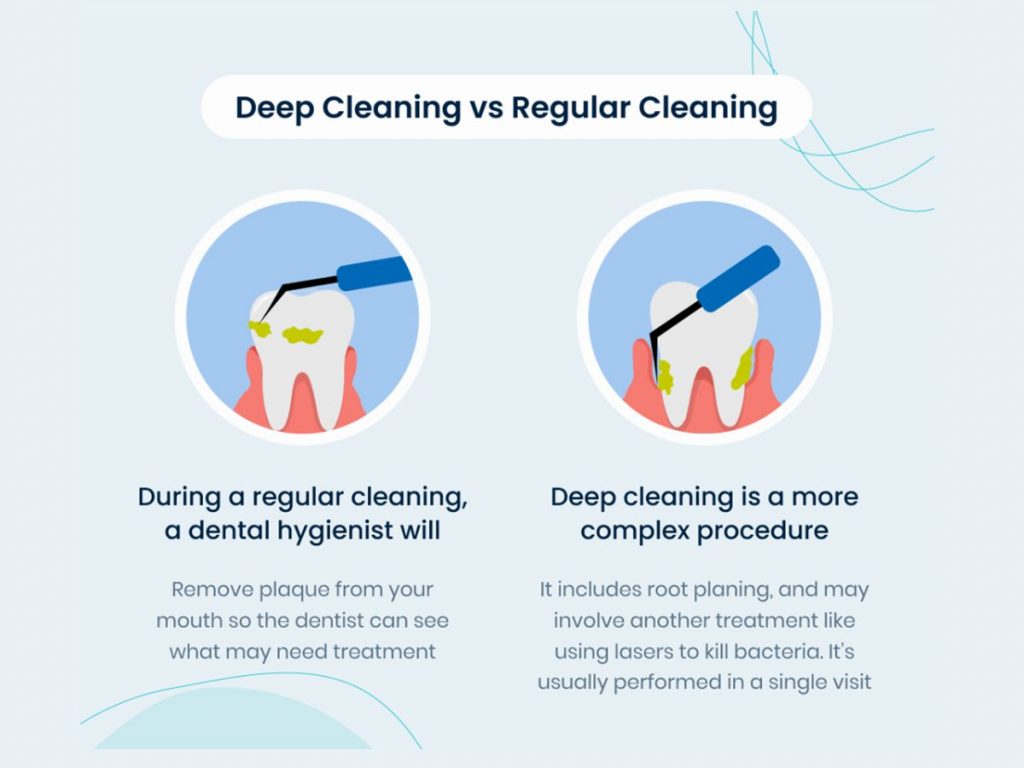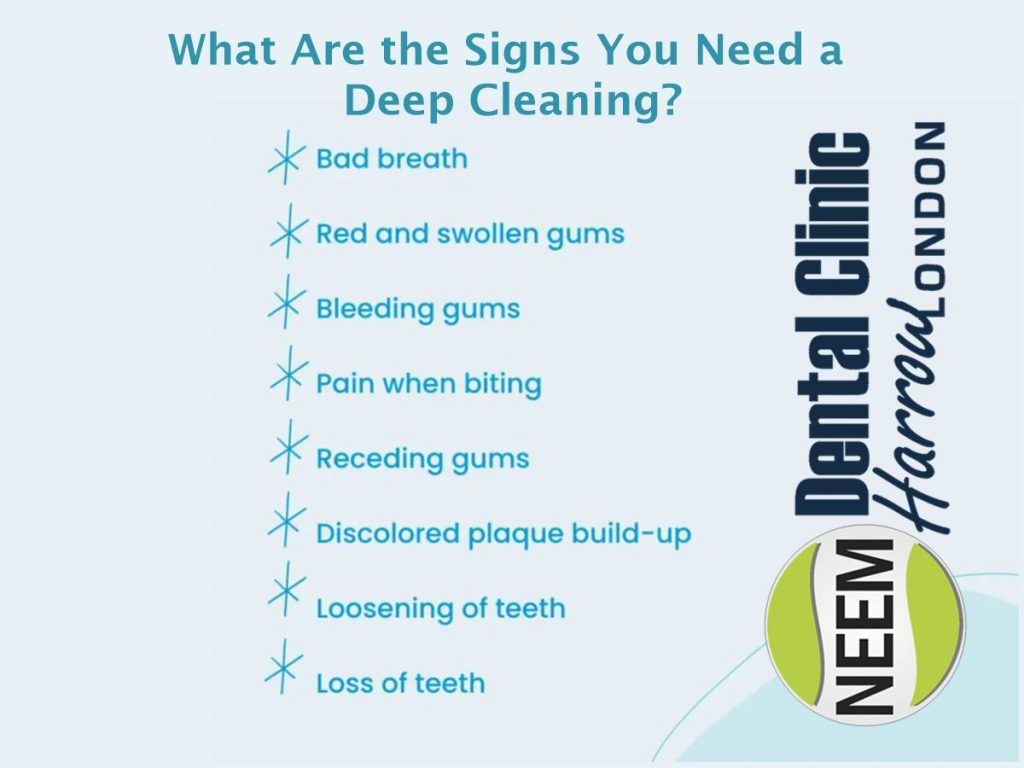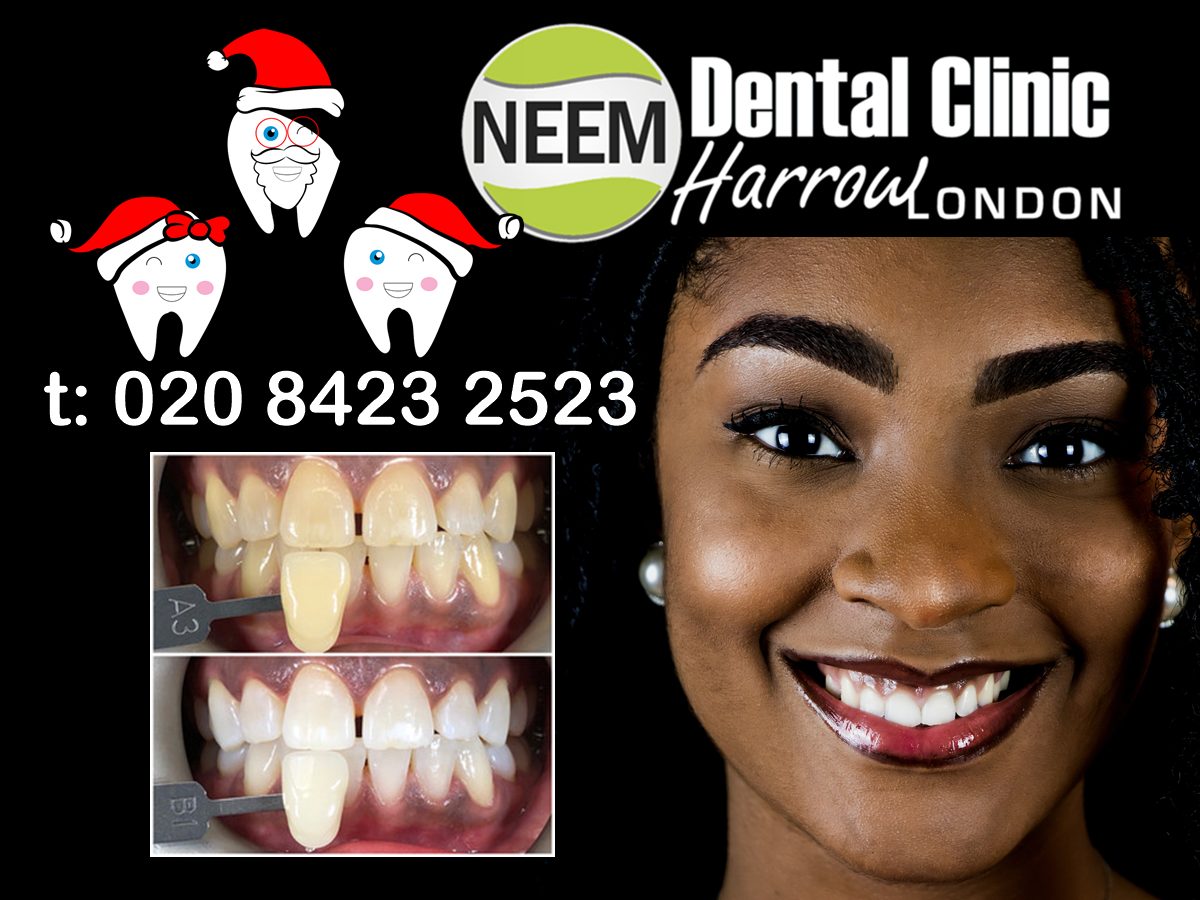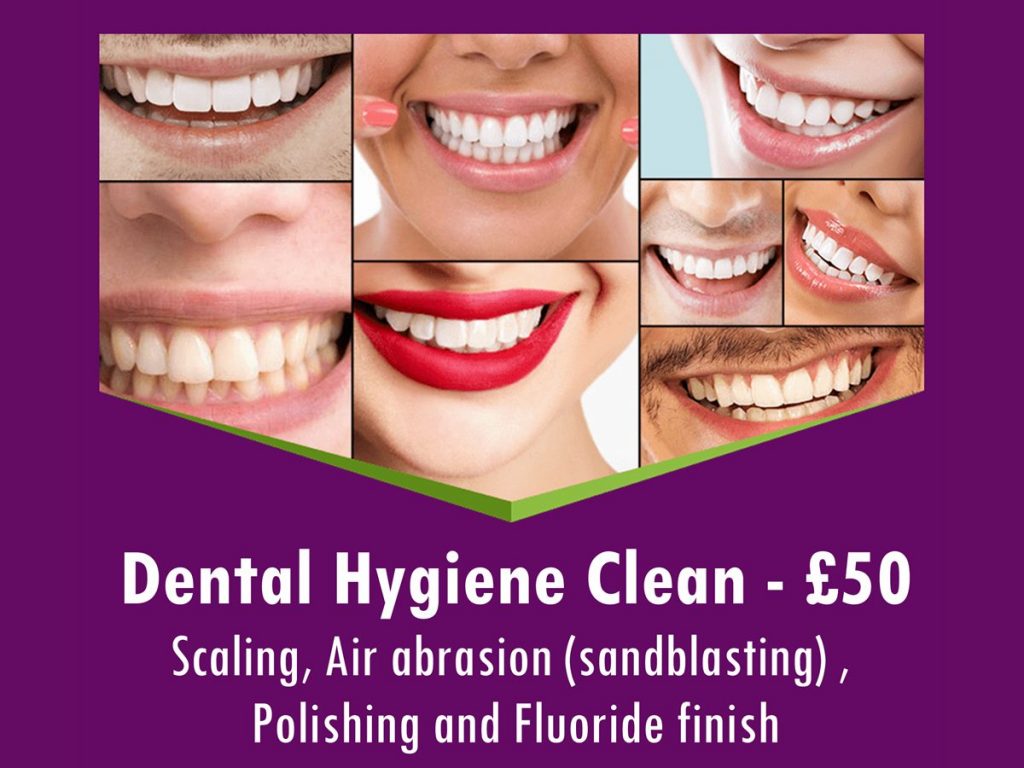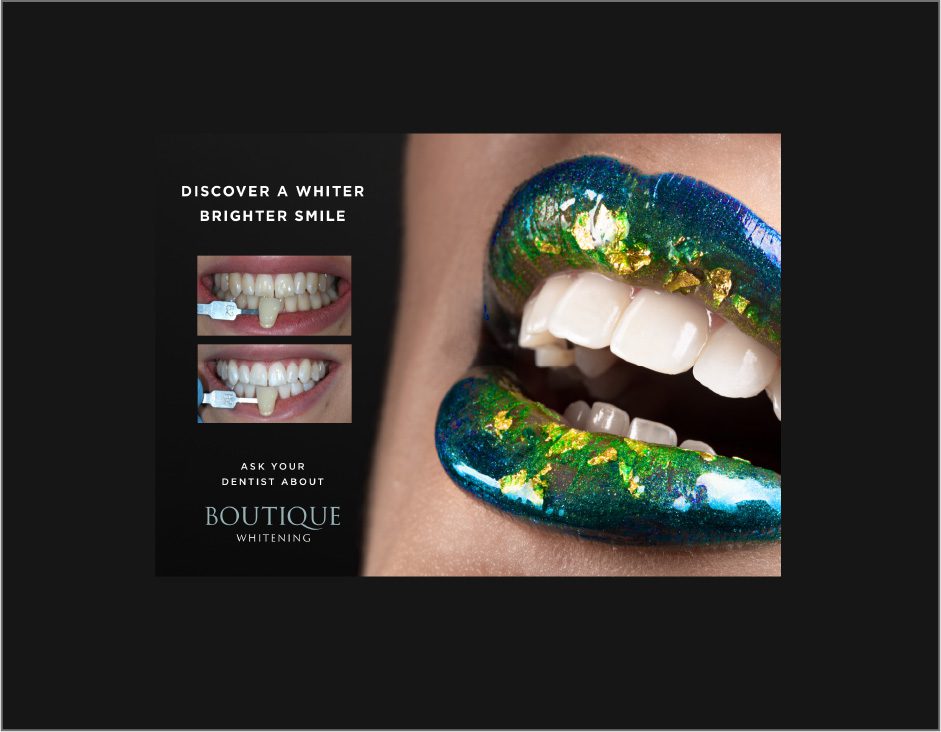Looking for a dentist in Harrow? We offer quality & emergency dental care to patients. Visit best dental clinic near South & North Harrow! With over 50 years of collective experience between our clinicians the team has built knowledge, expertise and a track record on delivering the best possible care to our patients.
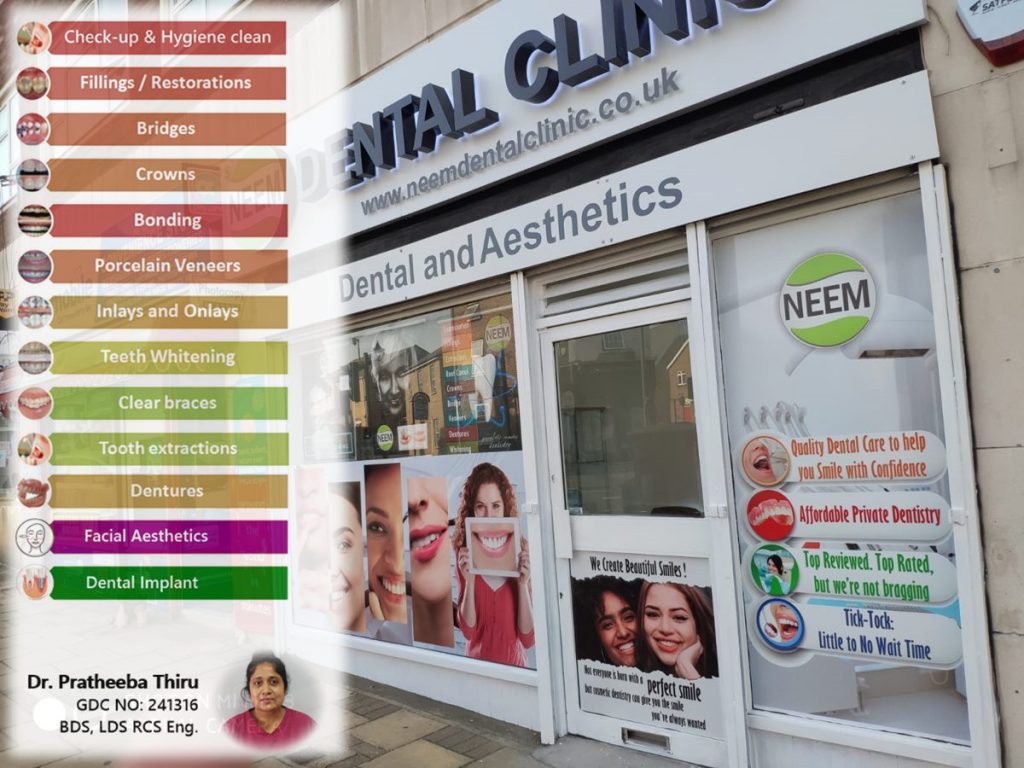
Patient satisfaction is very important to us as we aspire to be known as the best general and cosmetic dentist near you in Harrow, Wembley, Sudbury and Northolt.
Our 5* rating on Google Business and genuine positive customer testimonials are testament to the hard work and dedication of our team. Excellent – based on 429 reviews
We attract patients from the beneath areas, why not call in for a consultation today? #Wembley #Sudbury #West #Ruislip #South #Ruislip #Ruislip #Gardens #Eastcote #Northwood #Harrow #Pinner #Uxbridge #Northolt #Greenford

